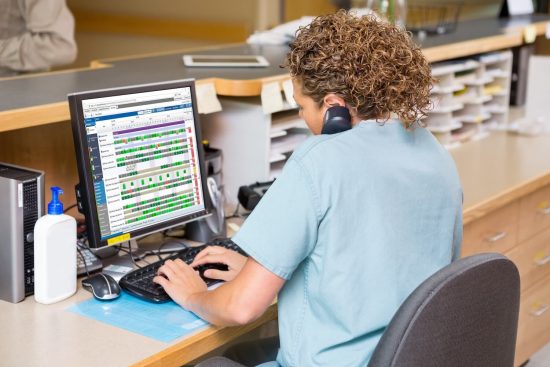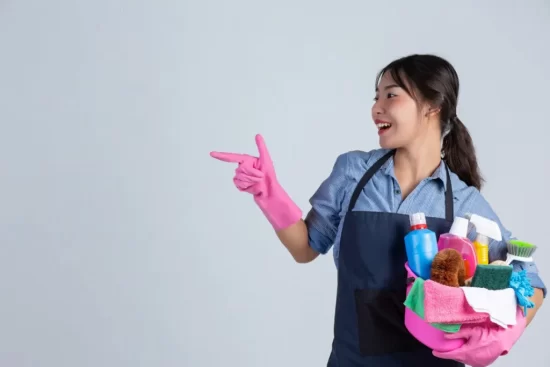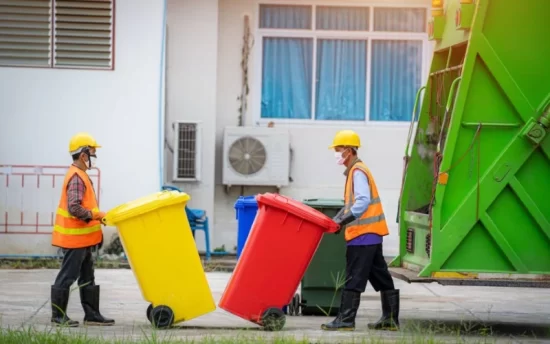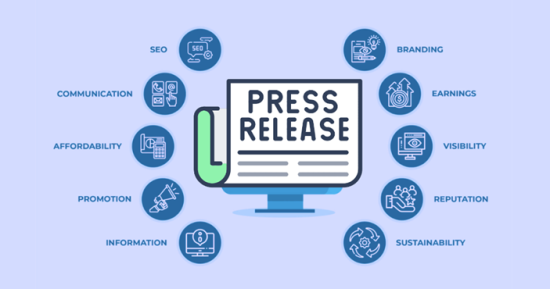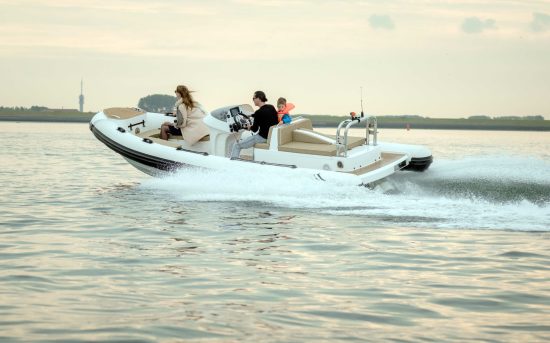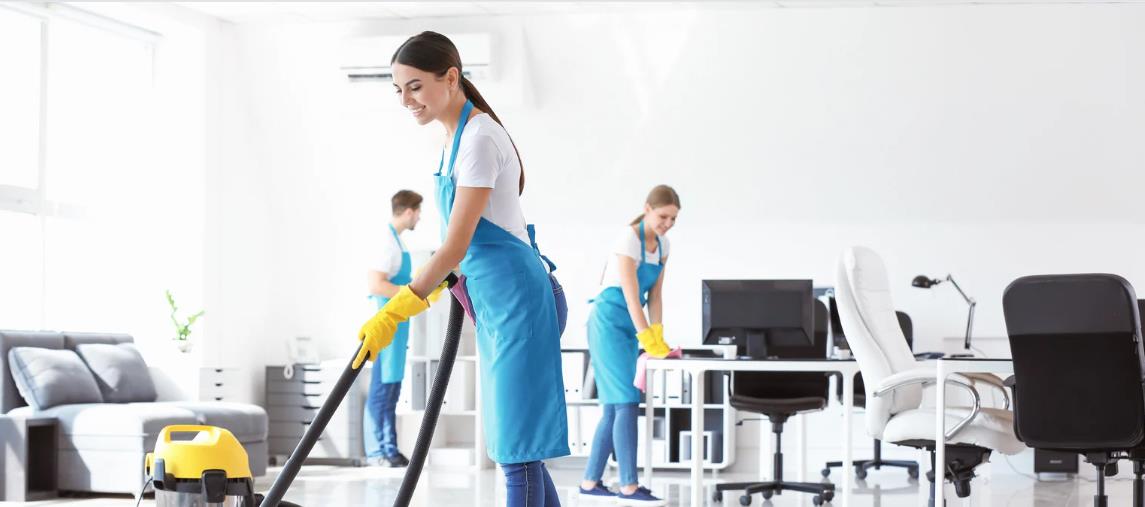
In the United States, not having the right business licenses could cost you dearly. It might even shut your business down. For a cleaning business to begin, getting the right cleaning business licenses is key. This step keeps your business safe and legal. Making sure you have all needed licenses as you start is important. It helps you avoid trouble and operate smoothly.
The process of getting cleaning business startup licenses can be complex. Things like the size of your business, where it is, and the services you provide all matter. Every area has its own rules, making the requirements different. You might just need a simple business license or several specialized permits. Getting help from local offices or legal experts is smart. They can guide you to the right steps to know what licenses are needed to start a cleaning business. With their advice, you can avoid problems that come from not knowing the rules.
Key Takeaways
- Identify and obtain the appropriate cleaning business licenses to avoid fines and ensure legal operation.
- A basic business license is typically required and can be obtained through your state’s Secretary of State.
- The licenses needed can vary depending on the size, structure, and location of your cleaning business.
- Starting a cleaning business requirements include a thorough understanding of both tax and legal regulations at your base of operations.
- Consulting with local authorities or securing legal counsel can streamline complying with business licensing requirements.
- Prepare for a mix of standard and specialized licenses based on the types of cleaning services your business provides.
- Being well-informed of permit obligations safeguards your business from non-compliance penalties.
Understanding the Basics of Cleaning Business Licenses

When starting your cleaning business, understanding licensing is vital. The licenses you need depend on your cleaning type. It’s crucial to know which permits your business needs to avoid legal issues.
The Role of Business Structure in Licensing
Your business structure affects the permits you need. It also impacts how much you pay in taxes. Different types of businesses face varying rules and regulations. For example, a corporation has different requirements than a sole proprietorship.
Impact of Your Cleaning Business Location
Where you set up your business affects the licenses required. Each area has its own cleaning business rules. Cities may have more rules than the countryside. Ensure your cleaning business location follows the local zoning laws.
Different Licenses for Varied Cleaning Services
Your cleaning services determine the permits you need. If you offer special services, like dealing with hazardous materials, you’ll need more permits. Basic cleaning services usually require standard business permits.
Knowing these basics is essential. It keeps you on the right side of the law. With the correct permits and understanding, your business can thrive without legal issues.
Initial Steps to Obtain a Business License
Starting a cleaning business means you must figure out which licenses to get. These licenses allow you to operate legally.
Registering Your Business at the State Level
To run a cleaning business, you have to register with the state. This step proves your business is real and connects you with other rules like zoning laws. The type of business you have changes how you register. This process makes your business official and helps with getting a cleaning business license.
Understanding Vendor’s License Requirements
If you’re going to sell cleaning supplies or services, you need a vendor’s license. This license lets you collect sales tax on what you sell to customers. It’s given out by your state’s Department of Revenue and is important for managing your business’s money.
Depending on where you work, you might also need local permits. Each place has its own rules for businesses that you must follow.
Here is a brief overview to help you identify the type of state and vendor licenses you may require:
| Type of License | Purpose | Managed By |
|---|---|---|
| State Business Registration | Legal acknowledgement of business | Secretary of State |
| Vendor’s License | Sales tax collection | Department of Revenue or Taxation |
It’s important to know the difference between state registration and vendor licenses. The first makes your business official, while the second allows you to collect sales tax. Both are key for starting a cleaning business the right way. Knowing what licenses to get ensures your business is legal and runs smoothly.
Specialized Licenses: When General Business Licenses Aren’t Enough?
In the cleaning industry, special jobs need more than just a basic business license. If you work in unique areas like cleaning up construction sites or handling hazardous waste, you must get specialized cleaning business licenses and permits.
One key license you might need is the contractor’s license. This is very important if you work on construction sites directly. It shows you’re qualified and legal. It also protects you if there are disagreements about your work.
If your cleaning work deals with harmful substances, getting environmental permits is a must. These permits help your business follow all rules about protecting the environment. They cover everything from local waste laws to federal chemical rules.
Health and safety permits are also crucial, especially when you work with biohazards. These permits are more than just paper documents. They show that you put the health and safety of your staff and customers first.
Every license or permit you have shows your business is trusted and credible. Let’s look at why these extra certifications are vital for specialized cleaning work:
Contractor’s License: It’s needed to work on construction sites, required by many laws and jobs.
Environmental Permits: They are key for working with dangerous materials, making sure you follow government rules.
Health and Safety Permits: Needed to keep your workers and customers safe, especially with risky substances.
Make sure you have all the right specialized cleaning business licenses, contractor’s licenses, environmental permits, and health and safety permits. This helps your cleaning business keep a solid legal and professional base. It also gives your customers more confidence, knowing you do everything the right way.
What Licenses Are Needed to Start a Cleaning Business?

To start a cleaning business, you need to follow many rules and get licenses. You must understand rules from the federal level, your state, and the local area. Knowing these will help you start your business correctly and legally.
Federal, State, and Local Regulations Overview
Cleaning businesses must follow rules from different governments. Federal rules focus on the environment and how workers are treated. State laws add more detail, like needing special health or safety classes.
At the smallest level, local rules cover things like where your business can be and how to throw away garbage.
Key Licenses for Cleaning Business Operations
For your cleaning business to run well, you must meet all levels of rules. Make sure you have the right permissions and licenses, including:
Business Operation License – A fundamental requirement in most locales, verifying your legal right to operate.
Environmental Permits – Necessary if your business deals with biohazardous materials or large-scale waste.
Health and Safety Permits – Important for businesses using chemicals or operating in environments with potential health risks.
Important cleaning business permits, like for dangerous materials, need special training and paperwork. Starting early to get these permits is smart. It helps you avoid any problems when starting up your business.
| Type of Permit | Regulating Body | Purpose |
|---|---|---|
| Environmental Permit | EPA (Federal) | Regulation of waste and hazardous materials |
| Health and Safety Training | OSHA (Federal) | Ensures worker and public safety in hazardous conditions |
| Local Business License | City or County Clerk’s Office | Permission to operate within local jurisprudence |
Navigating DBA Registration for Your Cleaning Business
Starting your own cleaning business is more than just finding a catchy name. You also need to understand the legal side, like DBA registration. This ensures your brand fits your operations but doesn’t mix up your personal name or your company’s.
The Difference Between DBA and Trademarks
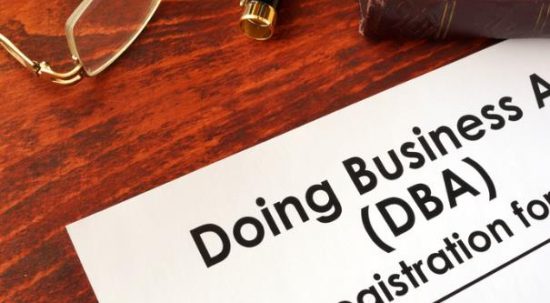
Knowing the difference between DBAs and trademarks is key. With a DBA, you’re telling people you have another name for doing business. This is vital if your trading name doesn’t match your official business name. On the flip side, trademarks look after your brand’s special names, logos, and slogans from being copied.
Searching and Selecting a Unique Business Name
Finding the perfect name involves looking into trademarks and DBA records. This makes sure your name stands out and is clear legally. You can do this search online through your state’s website.
Here’s a guide on how to pick and register a name:
Conceptualize: Think of names that show what your business is about.
Search: Check your name choices on the Secretary of State’s website to see if they’re free.
Compliance: Make sure your name follows the rules at the state and local level.
Registration: Go through the DBA registration process to make your chosen name official.
This guide helps you pick a name that represents your business and is legally sound. By following these steps, your business’s name will help it stand out safely in the market.
Dealing with DBA registration and trademarks can be a challenge. But, taking care of each step will help your business operate smoothly and legally. Your unique business name is the starting point for building your brand in the market.
Permits and Additional Endorsements for Cleaning Services
Running a cleaning business means following local rules is very important. You’ll need more than just cleaning business permits and endorsements. Especially if you want to work in specific areas legally.
Let’s say your business operates in a neighborhood. You may need special cleaning services endorsements to advertise. You might also need health and safety permits. This is crucial if you handle dangerous materials or need to keep places very clean.
Each place you work in could have different rules. Knowing these rules is key. You might need specialized cleaning service permits. Like for cleaning medical facilities, factories, or places that impact the environment.
- Local advertising endorsements for residential-based businesses
- Health and safety permits for handling hazardous materials
- Specialized environmental permits for high-impact areas
Getting these permits keeps your business safe and makes customers trust you more. Trust is everything in the cleaning industry.
By being proactive, you show you care about following the rules and offering great service. This can make your company look even better.
Employer Identification Number (EIN): The Tax Aspect
Being a cleaning business owner means you must know the importance of an EIN. It’s key for handling your tax needs correctly. This number is a special ID for your business with the IRS. It also helps with various business tasks.
When and Why an EIN is Necessary?
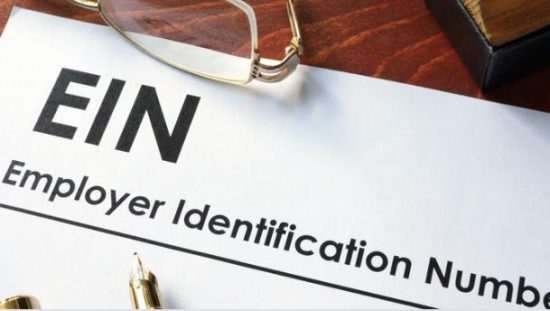
If your cleaning business will have employees, you need an EIN. It’s also vital for a business bank account. This way, you keep your personal and business money separate, which is crucial for legal and tax reasons. An EIN is also needed to get licenses and deal with payroll taxes properly.
How to Apply for Your EIN?
Applying for your EIN is easy and best done online on the IRS site. This way, you can get your EIN right away for speed and ease. But, you can also use mail or fax with Form SS-4, which takes longer.
With your EIN, you can tackle important business tax needs effectively. It helps you stay on top of your federal tax duties. Even if you’re acting alone, getting an EIN boosts your business’s credibility and helps with financial matters.
Scaling Your Cleaning Business: The Need for Additional Permits
When your cleaning business grows, you’ll need more permits. This is because you might start working in new areas or offer new services. Different places have different rules that you must follow.
Understand that as you grow, you’ll need new permits. Each step forward can get quite complicated. It will require solid planning and making sure you follow all the rules.
Researching local regulations in new regions where you plan to operate.
Applying for sector-specific permits if you are adding services like hazardous waste disposal or medical facility cleaning.
Consulting with legal experts to navigate the requirements efficiently.
Expanding means more than just hiring more people or getting new tools. It’s also about being legally secure. Ensuring everything is in line will protect your business and impress new clients.
To grow well, you must be proactive about permits. Keeping up with what you need means you can expand smoothly and build a strong, stable business.
Maintaining Compliance: Renovation of Licenses and Permits
To run a cleaning business legally, you must renew your licenses on time. It’s important to know when your permits need to be renewed. This keeps your business running smoothly without any sudden stops.
How Often Should You Renew Your Licenses?
The renewal of your cleaning business’s licenses and permits varies. Many need renewed annually. Yet, some state-specific licenses might only need renewal every few years. For instance, a DBA registration renews every five years.
Avoiding Potential Penalties and Fines
Forgetting to renew your licenses on time can lead to big problems. It might cause fines or even stop your business from running legally. It’s key to avoid these issues by knowing when your renewals are due.
Staying on top of your renewals is crucial. It ensures you stay in business without interruptions. It also shows your clients and the law that you’re trustworthy.
Here’s how often some common licenses and permits are usually renewed:
| Type of License/Permit | Renewal Frequency |
|---|---|
| General Business License | Annually |
| DBA Registration | Every 5 years |
| Environmental Permits | Every 3 years |
| Special Local Permits (e.g., disposal) | Bi-annually or as per local laws |
Being proactive with your license renewals shows you’re serious about being compliant. Always check what rules apply to your area and type of service. This helps you avoid any legal trouble.
Wrap Up
Starting a cleaning business is about more than hard work and love for cleaning. You need to understand and meet various legal requirements. This includes where you work, the type of cleaning you do, and your business structure.
Remember, getting the right permits and licenses is important. They are not just red tape but steps toward a trusted service. A solid compliance plan helps your business stand strong from the start.
Regulations can change, so always be up to date. This helps keep your business on track and trusted by your clients. With a clean record and focus on excellence, your business can shine.
FAQs on Cleaning Business License
What licenses are needed to start a cleaning business in US?
To start a cleaning business in the US, you generally need to obtain a business license from your local city or county government office. Depending on your location and the services offered, additional permits such as a vendor’s license or environmental permits may be required. It’s also important to check if your state has specific regulations or requires a special cleaning business license, particularly for those dealing with hazardous materials.
What are initial steps to start a cleaning business?
To start a cleaning business, you first need to decide on your business structure (e.g., sole proprietorship, partnership, LLC), register your business with state and local agencies, obtain the necessary licenses and permits, and purchase insurance to protect your business and employees.
Do I need insurance for a cleaning business?
Yes, insurance is crucial for a cleaning business. General liability insurance covers damages to client properties, while workers’ compensation insurance is necessary if you have employees, to cover injuries that occur on the job.

